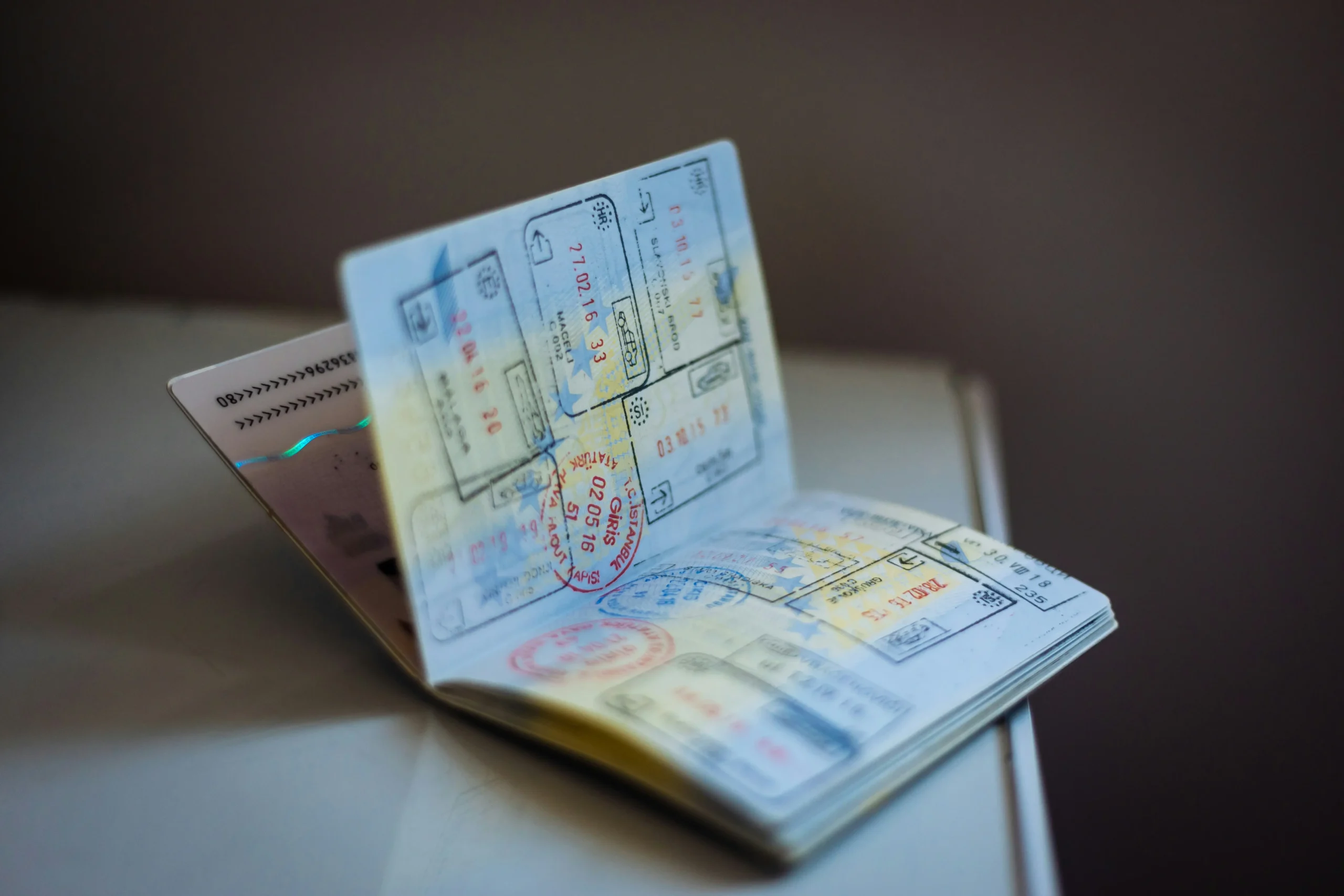How to spot a Facebook PayPal Scam
Have you ever come across a suspicious message from PayPal while browsing Facebook? A recent study by Cybersecurity by Lookout revealed that approximately 62% of Facebook users report encountering Facebook PayPal scams every week. These types of scams are on the rise in 2024 and it’s important to protect yourself.
How do they work? Scammers use tactics to get you to send personal information or money, claiming to be representatives from PayPal or the account itself. Understanding how to identify these scams is crucial to protecting your personal and financial information.
In this blog post, you will learn what PayPal scams on Facebook are, discover common scam tactics on Facebook Marketplace, and gain solid strategies to effectively protect yourself and detect potential scammers.
What is and how do Facebook PayPal Scams Work?
A Facebook PayPal scam is a sophisticated fraud designed to deceive unsuspecting users into delivering their money or sensitive personal information. These scams start when you receive a message that appears to be from a friend or even claims to be from PayPal itself.
The message prompts you to act by sending money or clicking on a link. This link redirects you to a fake website that mirrors the legitimate PayPal site very closely, tricking you into thinking you’re safely entering your financial details.
This fraudulent site may request your credit card details, and banking information, or send an invoice imposing high fees. The money sent in response to these requests doesn’t go to a genuine PayPal account but straight into the scammer’s pockets.
Facebook Marketplace Scams to Watch Out For
Facebook Marketplace can be a convenient platform for buying and selling items, but it is also a hotspot for various scams. Here are seven typical scams you may encounter, along with how they work and what you can do to stay safe. Many of these scams use PayPal lookalike websites to steal money and your information through transactions.
1. Phantom Rentals
Scammers also list non-existent rental properties, luring potential renters with attractive photos and competitive prices. They may direct you to fake websites that look like reputable rental platforms to collect your payment information for supposed deposits or rent.
Always insist on seeing the property in person and consult a legal expert before transferring any funds.
2. Data Theft Attempts
Fraudulent sellers might send links that look like they lead to legitimate websites, asking you to “verify your identity.” These are attempts to phish for personal information. Be extremely cautious with the information you share online and verify the authenticity of any request.
3. Delivery Person Collection Scams
Some scammers will express an inability to pick up an item personally and suggest sending a courier. They may ask you to pay for delivery insurance or other fees upfront through a link that leads to a fraudulent payment gateway. Verify the courier service independently and avoid paying any fees through unverified links.
4. False Payment Verifications
Scammers often send fake emails pretending to be from PayPal or other payment services. These emails claim that payment has been made for items you’re selling. Before handing over any goods, it’s critical to log into your actual account and verify that the funds have been received, as these emails are typically fake.
5. Faulty Item Transactions
Transactions involving electronics, bicycles, and other valuable items are particularly risky. When meeting to exchange such goods, thoroughly test the item to ensure it functions correctly. Be skeptical of transactions rushed by the seller and always check for common issues associated with the product.
6. Fake Currency in Person
During face-to-face transactions, some scammers might attempt to pay with fake money. Always inspect the cash carefully and consider using a counterfeit detector pen or other methods to verify its authenticity before completing the transaction.
7. Selling Stolen Items
Another prevalent issue on Facebook Marketplace involves the sale of stolen goods. If an item’s price seems unusually low or if the seller’s story does not add up, request proof of ownership, such as a receipt or a purchase history. This can help verify that the item is legitimate.
These are some of the most prevalent scams on Facebook Marketplace, and being aware of them can help you avoid becoming a victim. Always exercise caution and verify every detail before proceeding with a transaction.
How Identifying Scams on Facebook
When engaging in transactions on platforms like Facebook, recognizing potential scams is essential for safeguarding your interests. Here are some key indicators and protective strategies to help you move safely:
- Too-Good-to-Be-True Deals: Always be skeptical of deals that seem too good to be true, such as greatly underpriced items. For instance, a pair of AirPods Pro advertised for $40 is likely fake or stolen.
- Pressure Tactics: Scammers may create a sense of urgency, claiming that other buyers are ready to purchase unless you act quickly. Always take your time to verify the seller’s authenticity; it’s better to miss out on a deal than to lose your money.
- Unusual Payment Methods: Be cautious if a buyer insists on using obscure payment methods or suggests transactions outside Facebook’s recommended practices, such as non-traceable wire transfers.
Using PayPal’s “Goods and Services” function allows for dispute resolution should the transaction not go as planned. However, be careful of fake PayPal links and websites if the buyer provides the information for the payment.
- Incomplete Profiles or Suspicious Locations: A buyer’s or seller’s profile that appears new, with few friends, no photos, or minimal interactions, should raise concerns. Conversely, an established profile with a substantial friend list and interactions suggests more credibility.
- Avoidance of Face-to-Face Meetings: Be wary if a local buyer or seller refuses to meet in person for a transaction, especially if the item is easily transportable. This could indicate a scam.
Essential Tips for Safeguarding Against Facebook PayPal Scams
Using Facebook and PayPal requires caution to avoid becoming a victim of scams. Here’s how you can protect yourself from falling prey to these increasingly sophisticated frauds.
Preventive Measures:
- Verify URLs Carefully: Scammers frequently create websites that closely mimic the official PayPal site to steal your credentials. Always double-check the URL in your browser before signing into your PayPal account, ensuring it begins with “https://” and is a legitimate site.
- Ignore Unsolicited Requests: Remember, PayPal will never send random invoices or unsolicited requests for money. If you receive an unexpected message via email or on Facebook involving a PayPal link, especially one asking for payments or personal details, it’s likely fraudulent. Do not click on any suspicious links.
Instead, report the activity to Facebook so they can investigate the origin of the message.
- Use Secure Payment Methods: Engage only in transactions using well-known and trusted payment methods. Avoid direct money transfers unless you have verified the credibility of the other party involved.
Essential Tips:
- Install Browser Protection Software: Equip your devices with reliable security software like Guardio, which offers real-time protection against phishing and malware. Such tools can alert you when you inadvertently visit malicious websites, helping prevent data breaches.
- Create Unique Passwords: Use a unique, strong password for each of your online accounts, particularly sensitive ones like PayPal and Facebook. This practice is crucial as it reduces the risk of multiple accounts being compromised from a single data breach.
- Enable Multi-factor Authentication (MFA): MFA adds a significant layer of security by requiring a second form of verification in addition to your password. This could be a code sent to your phone or email, which drastically reduces the chance of unauthorized access.
Transaction Safety Tips:
- Verify Buyer/Seller Credibility: Legitimate businesses will typically reach out through verified means of communication. Be cautious of emails and messages that do not originate from official channels or that contain unusual requests.
- Stay Skeptical and Verify: Having updated browser protection software not only helps in detecting malicious websites and potential threats but also boosts your overall security when shopping or transacting online.
By implementing these strategies, you can improve your defenses against Facebook PayPal scams and secure your online presence. Always stay alert and informed about the latest scamming techniques to protect your financial and personal information from cyber threats.
Stay alert and vigilant to new scams
It is essential to remain vigilant and skeptical, especially when engaging in financial transactions on platforms like Facebook. The risk of scams is real and ever-present, and protecting yourself requires continuous awareness and proactive measures.
Always verify the authenticity of requests and offers, and use secure methods for any financial exchange. Remember to report any suspicious activities to Facebook and PayPal. By doing so, you help protect not only yourself but also the broader community from potential scams.
Additionally, consider sharing this information with friends and family. Raising awareness about scam prevention is a collective effort that can greatly reduce the prevalence of these deceptive practices.
We Want to Hear From You!
The fight against cryptocurrency scams is a community effort at Crypto Scam Defense Network, and your insights are invaluable. Have you encountered a scam, or do you have questions about navigating the complex world of digital currency? Maybe you have suggestions or want to share your story to help others. Whatever your experience, we’re here to listen and support you.
Reach out to us at hello@cryptoscamdefensenetwork.com. Share your stories, ask questions, or make comments. Your voice is crucial to building a resilient and informed community. Together, we can improve our defenses and promote a safer digital space for all.
Be a part of the change. Your story matters.







